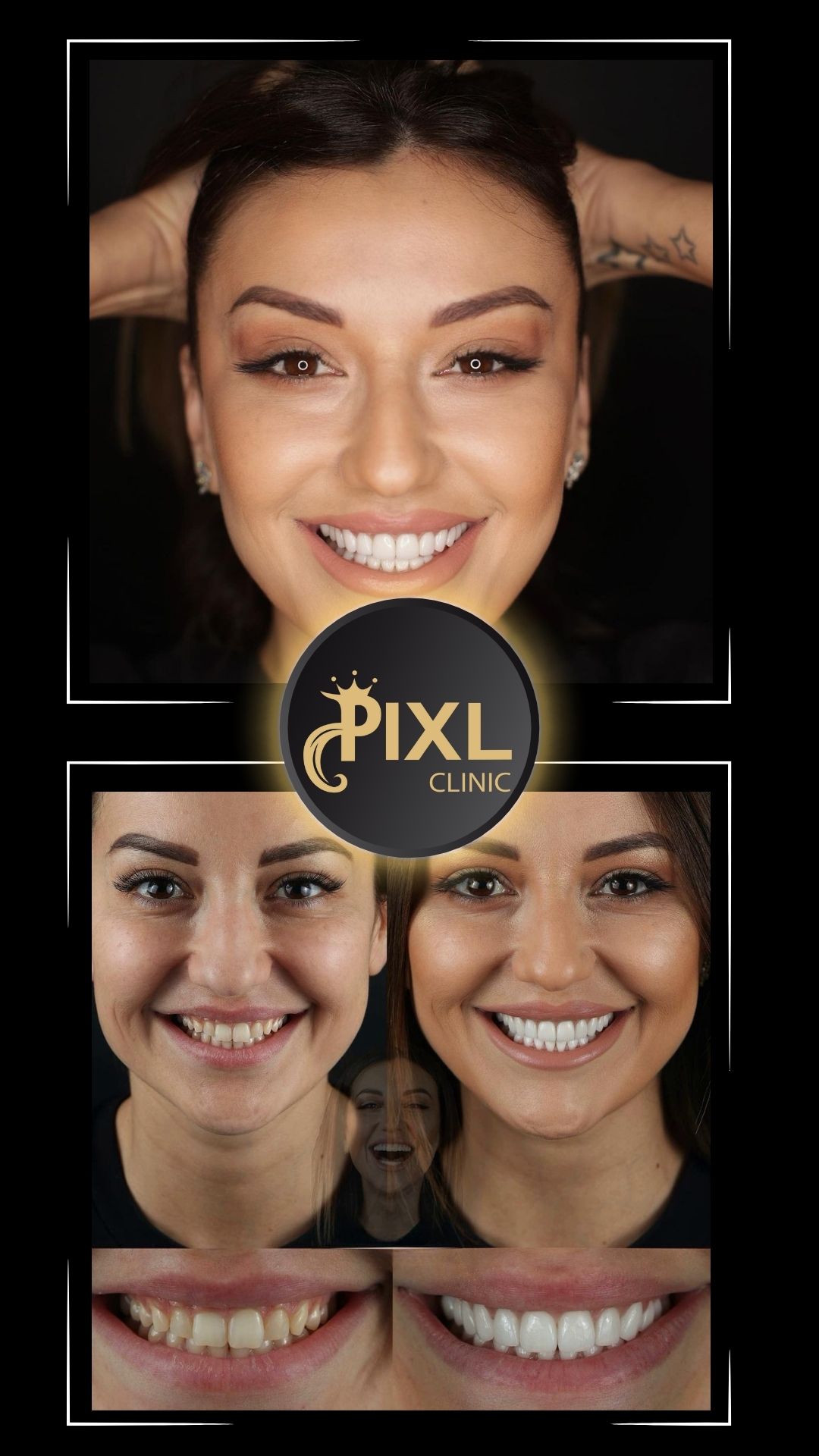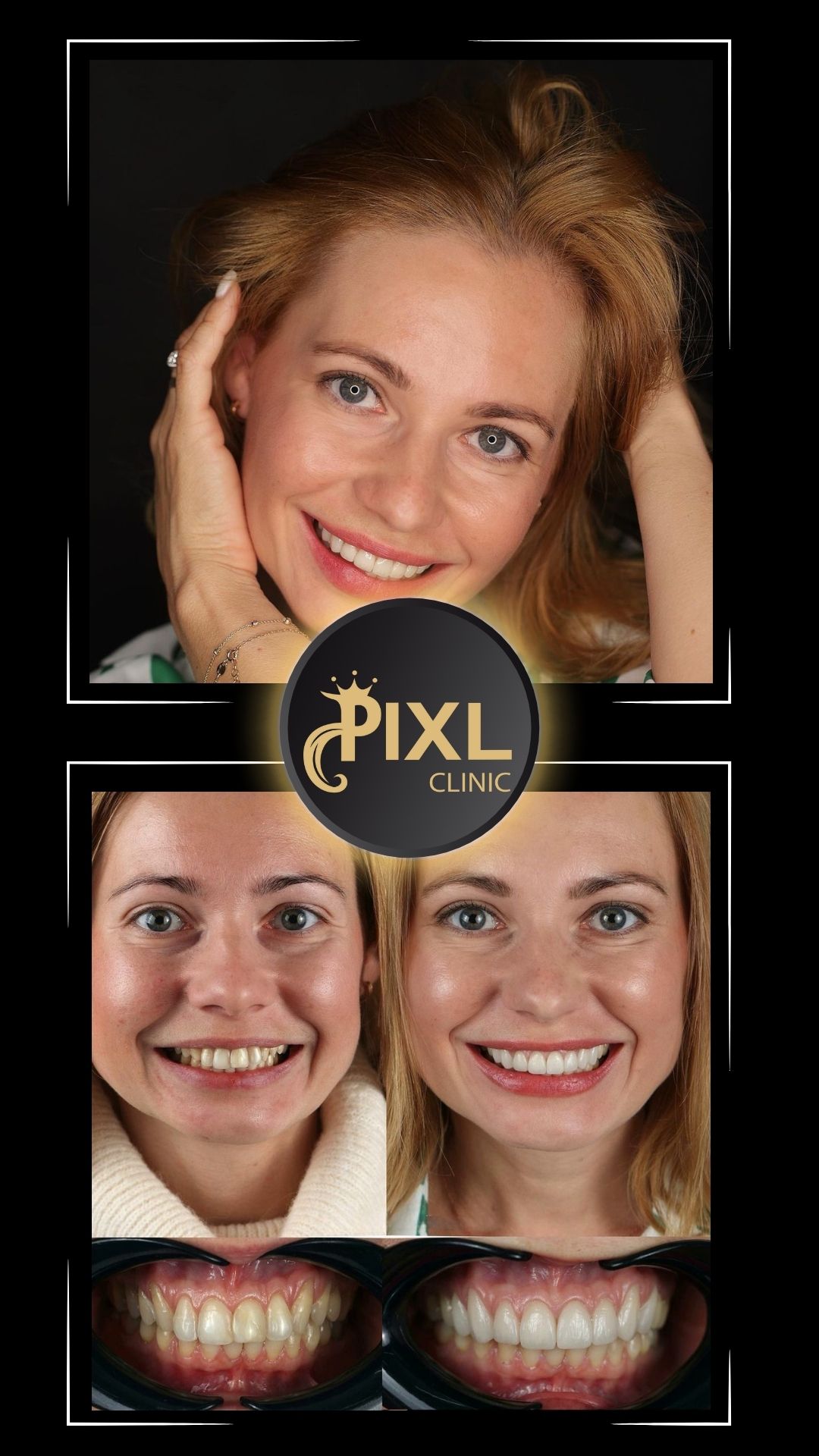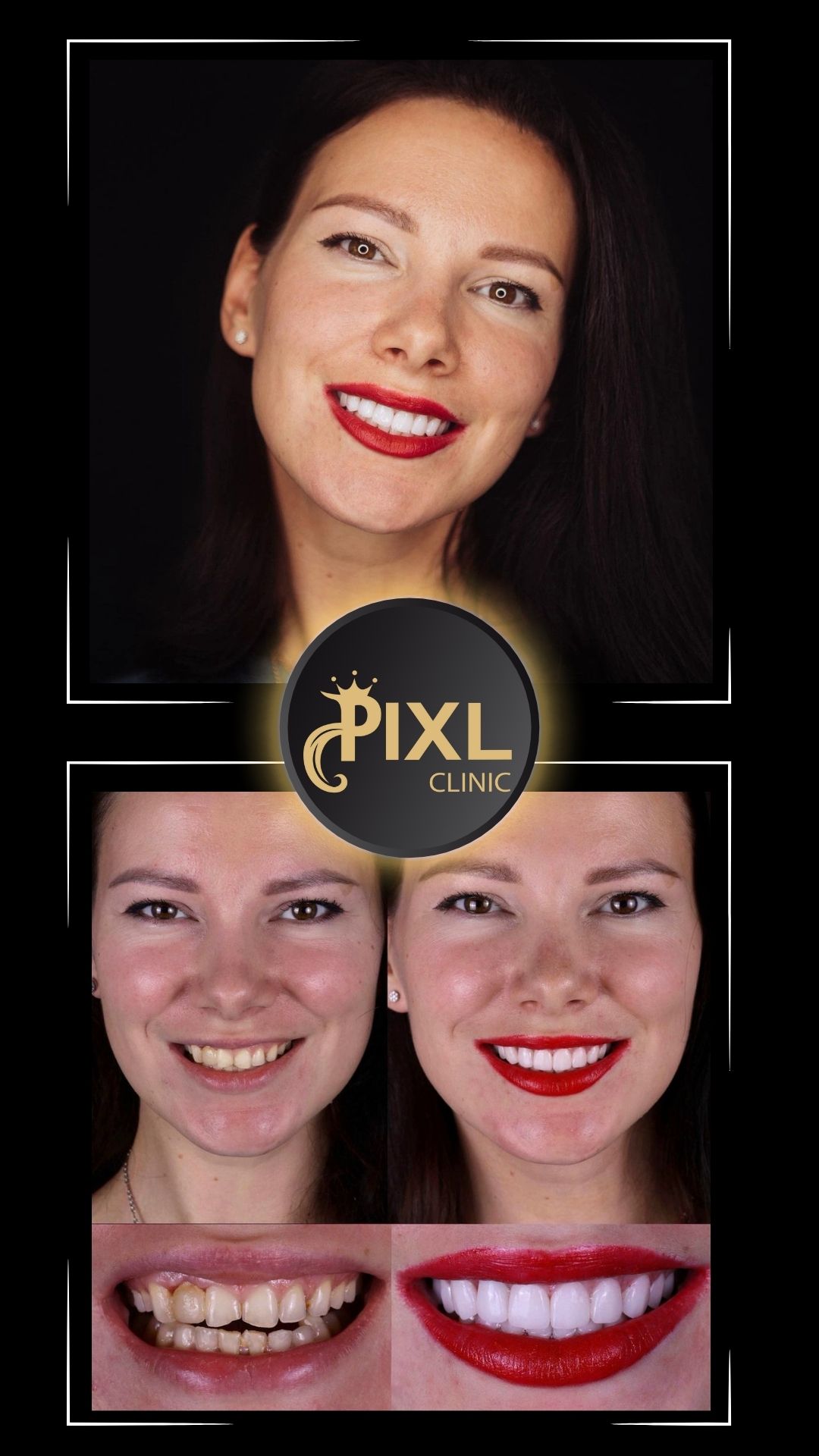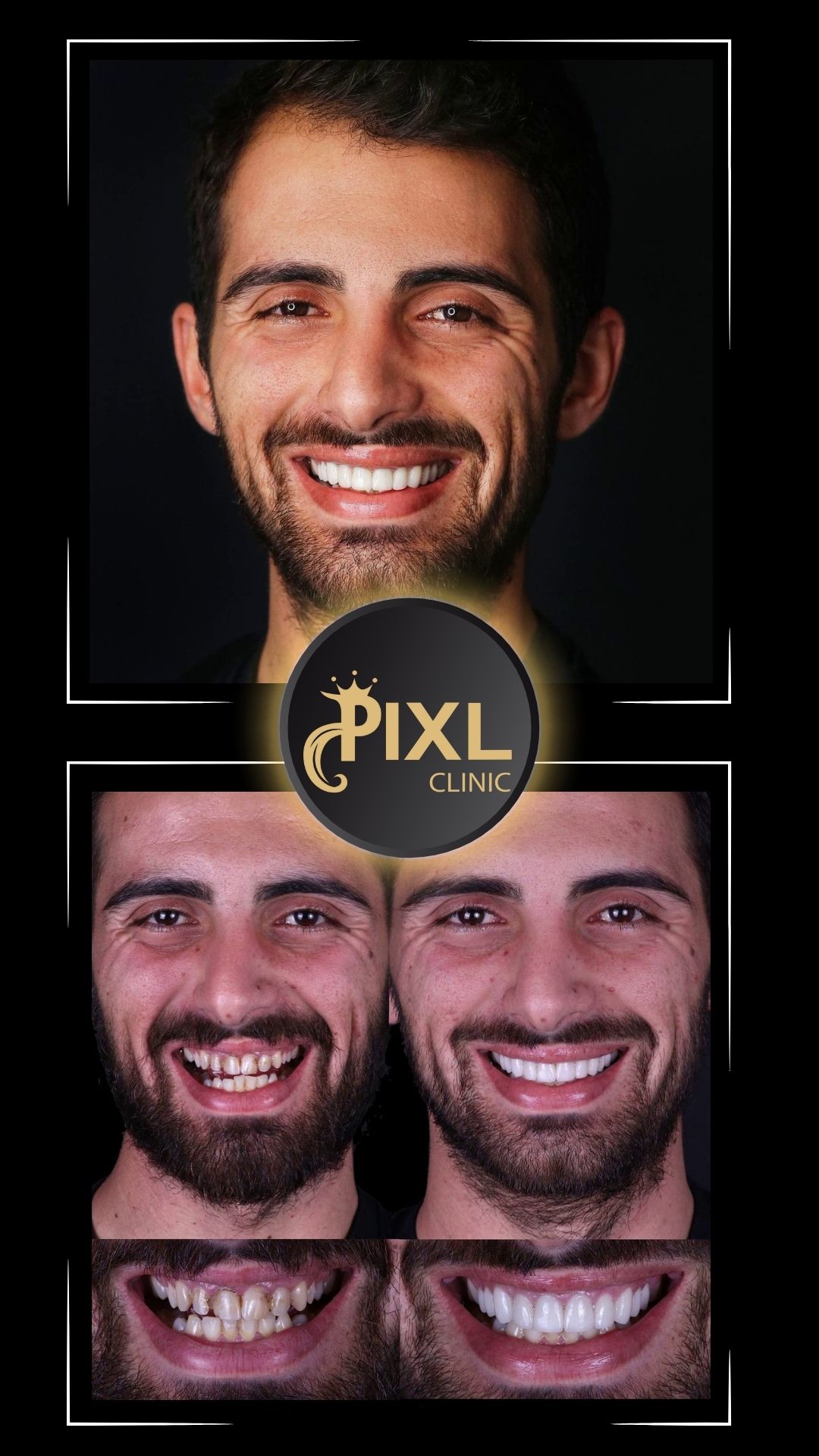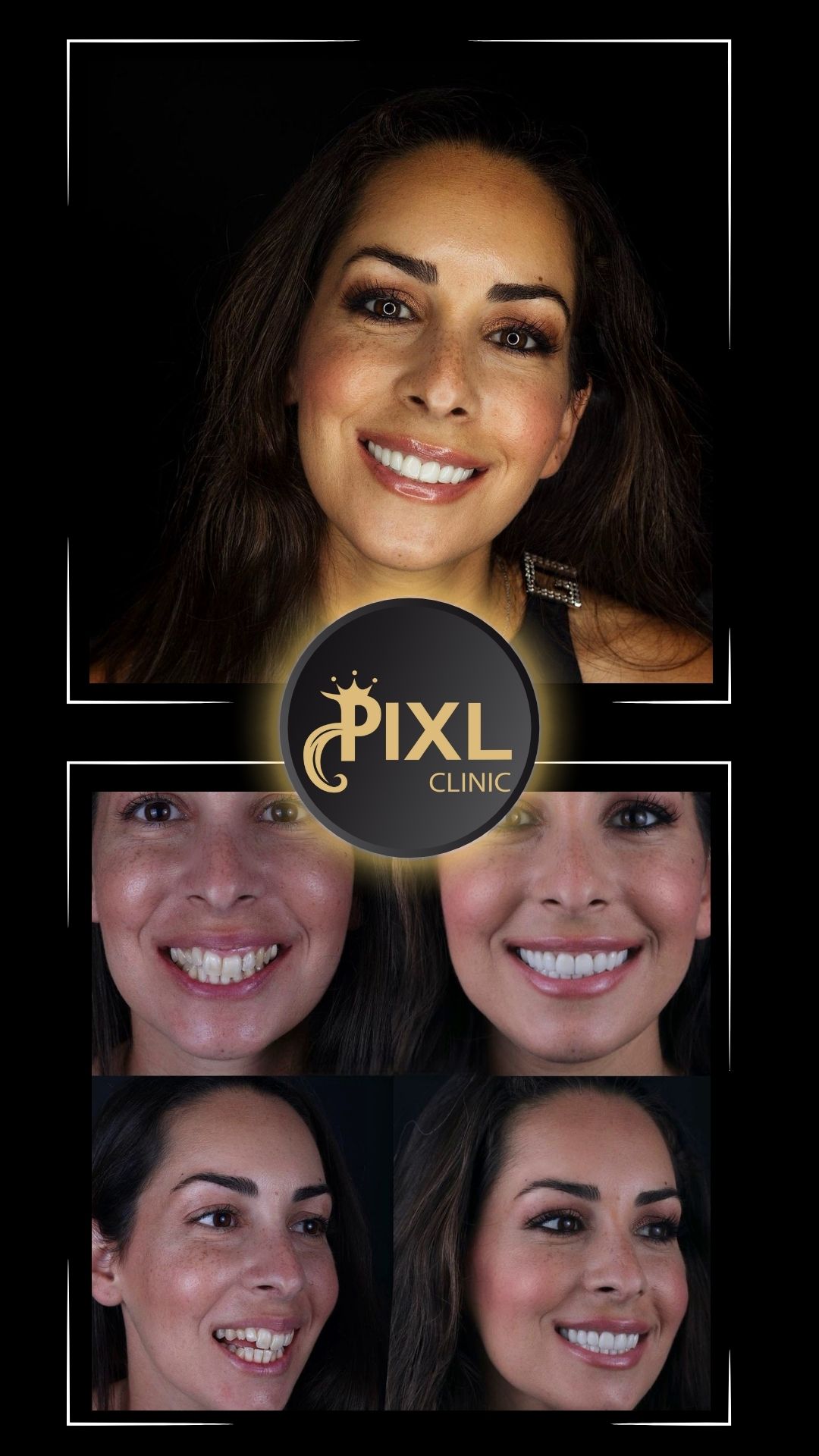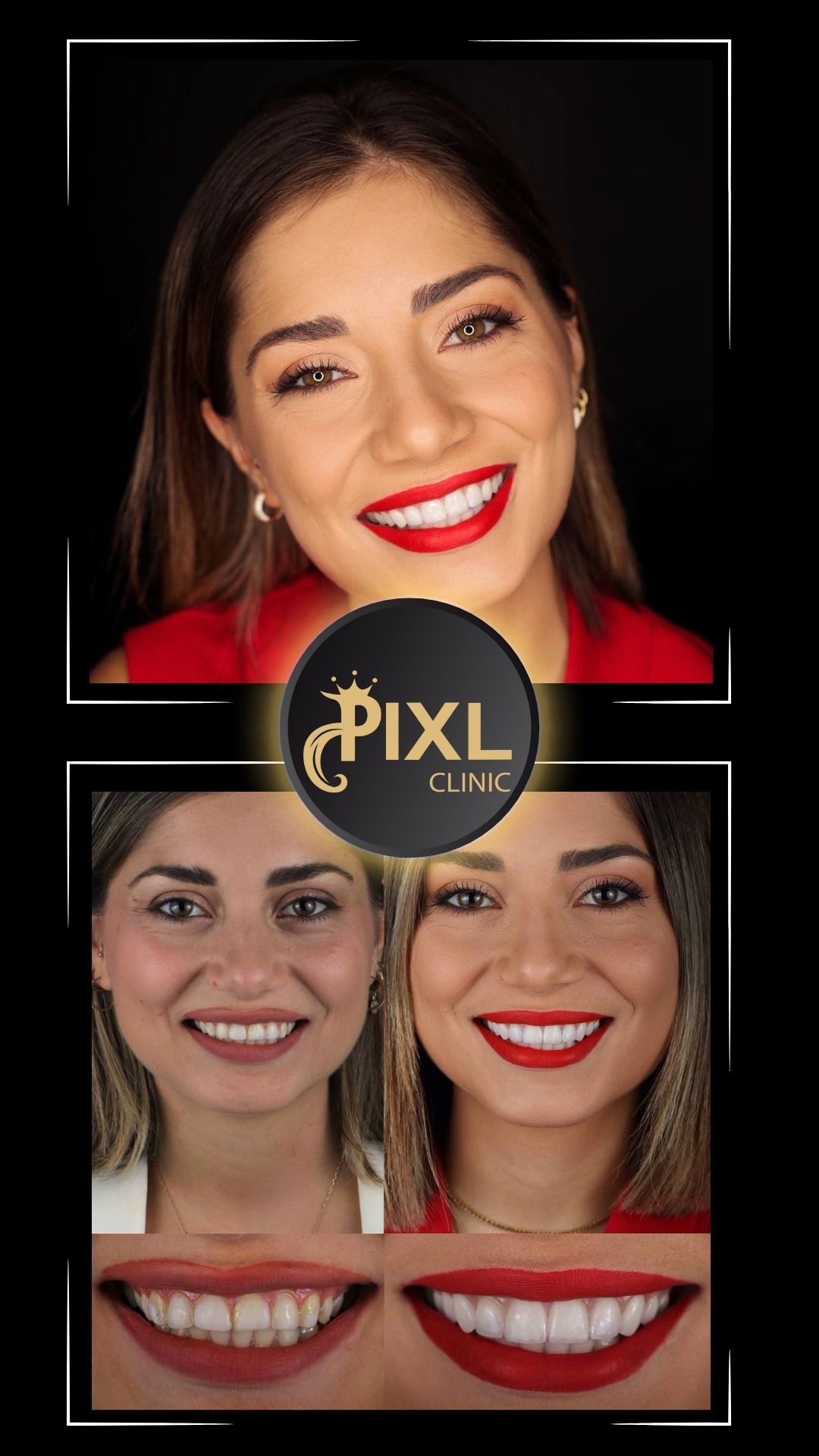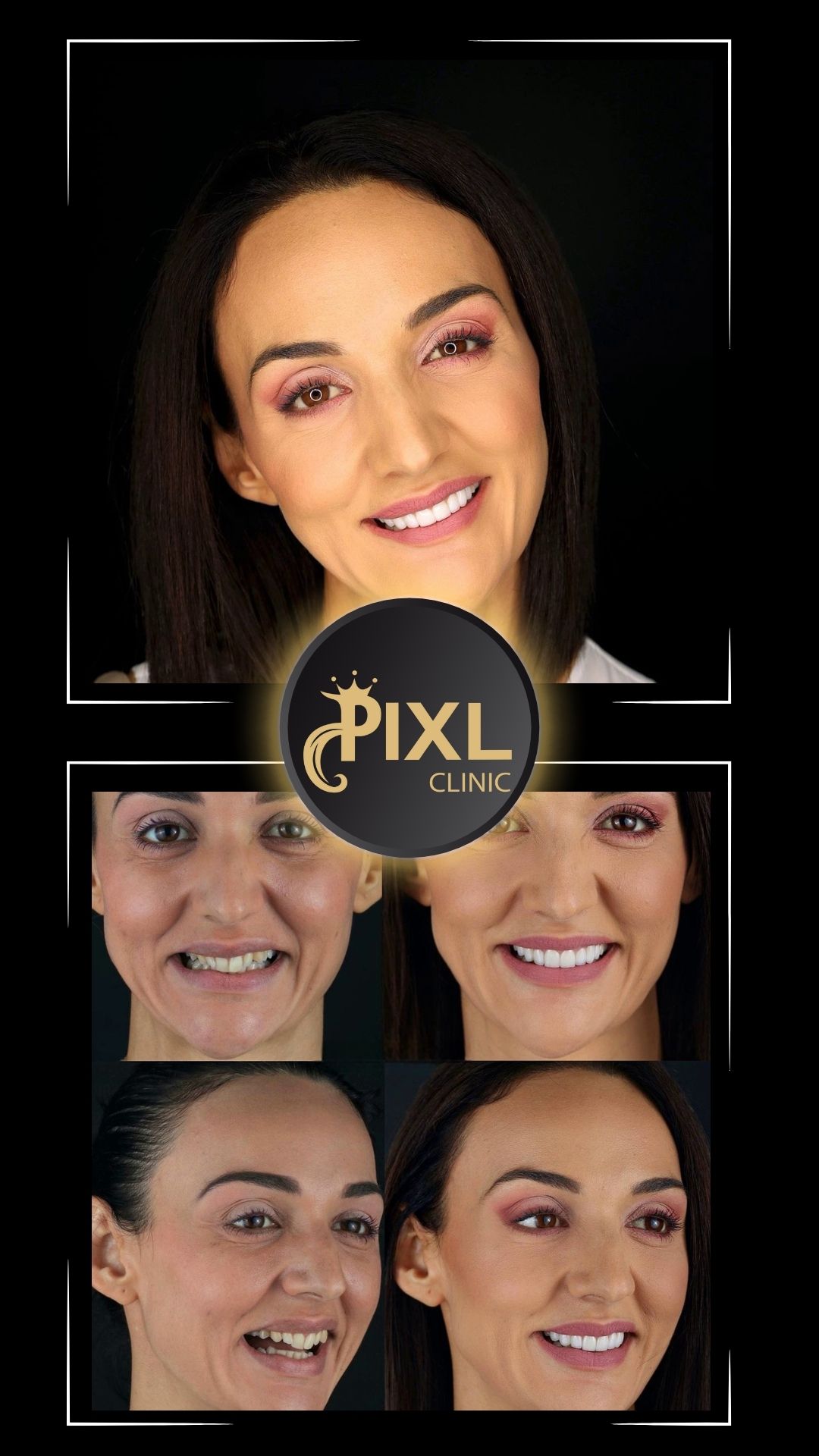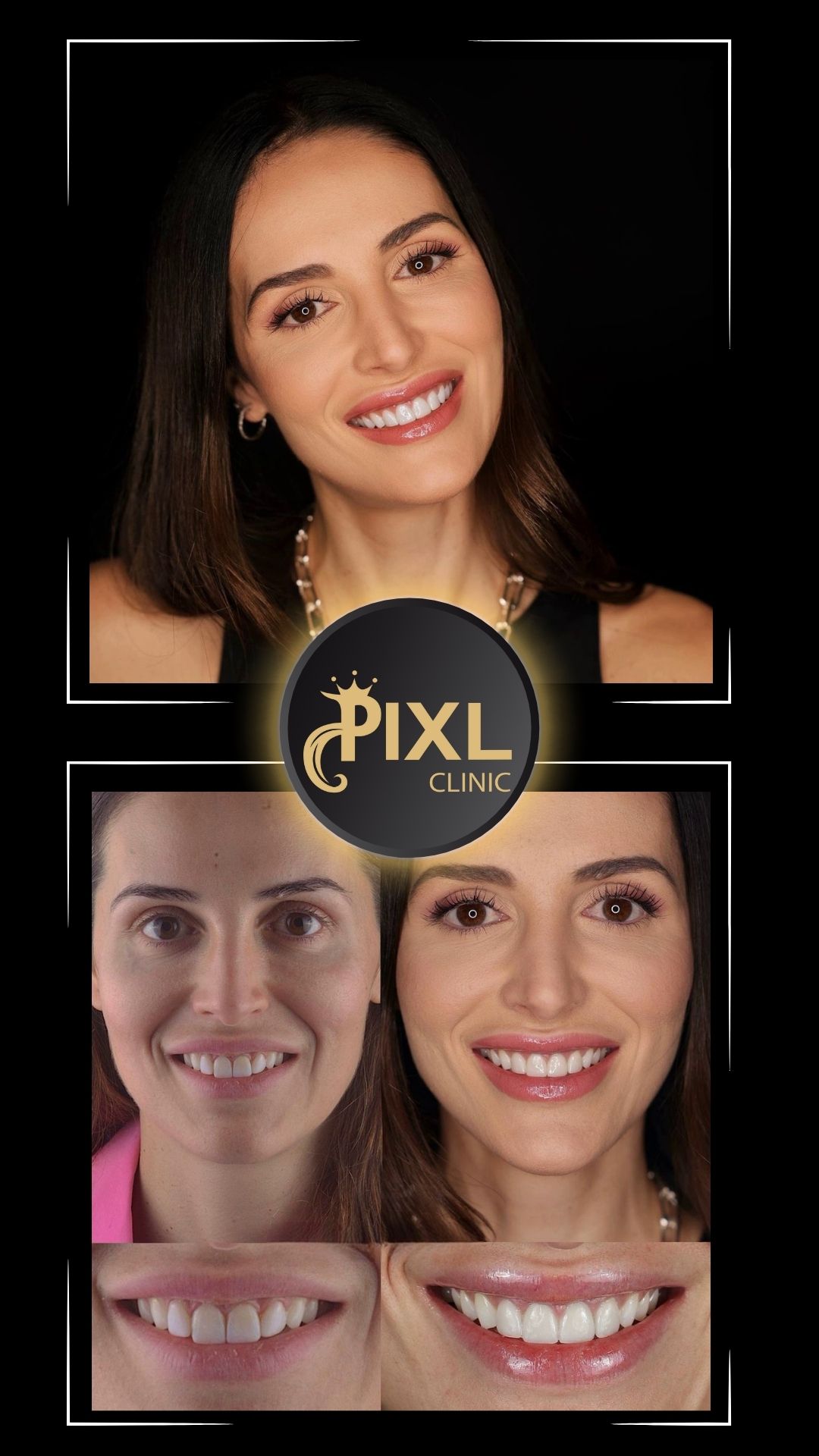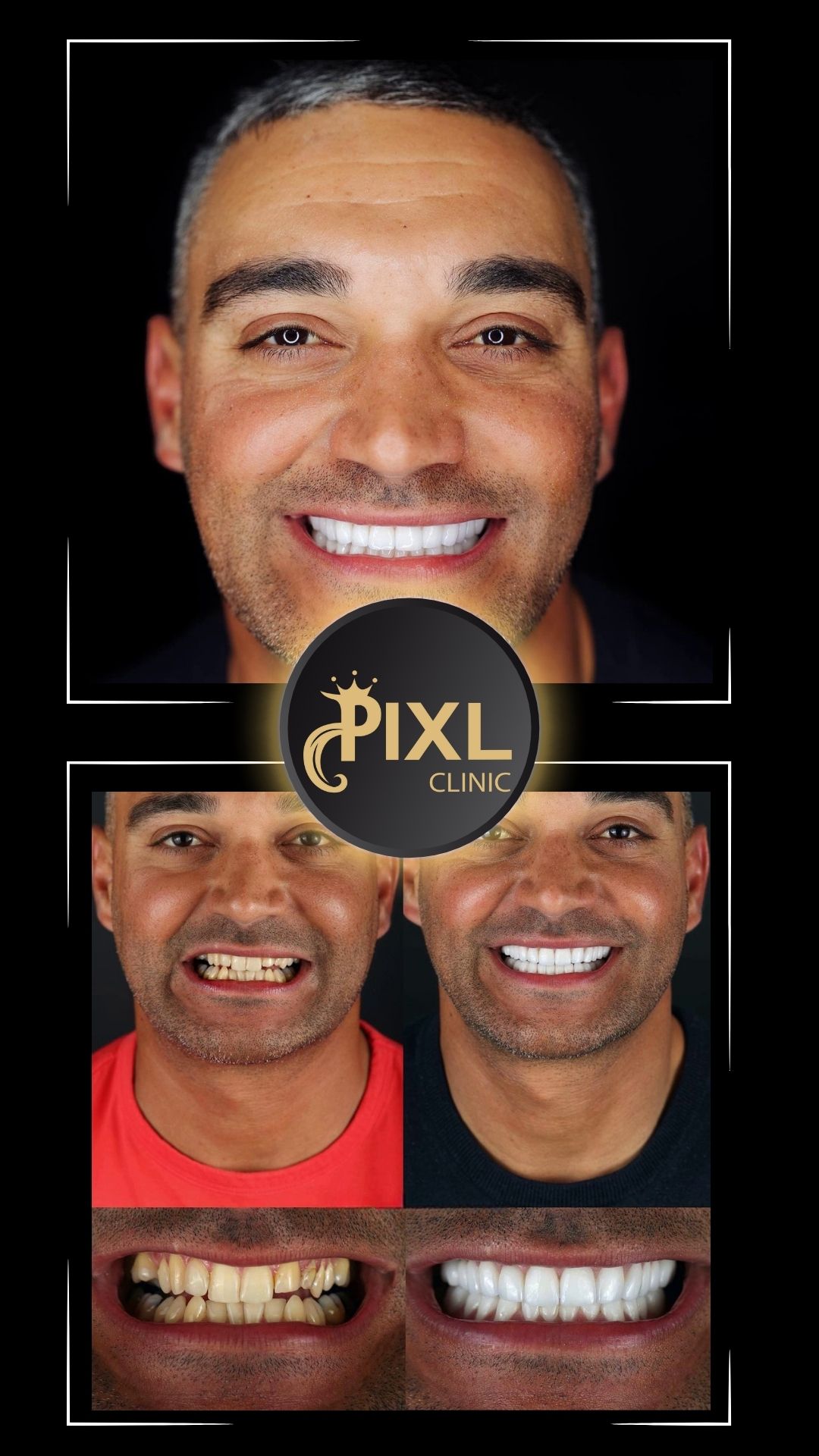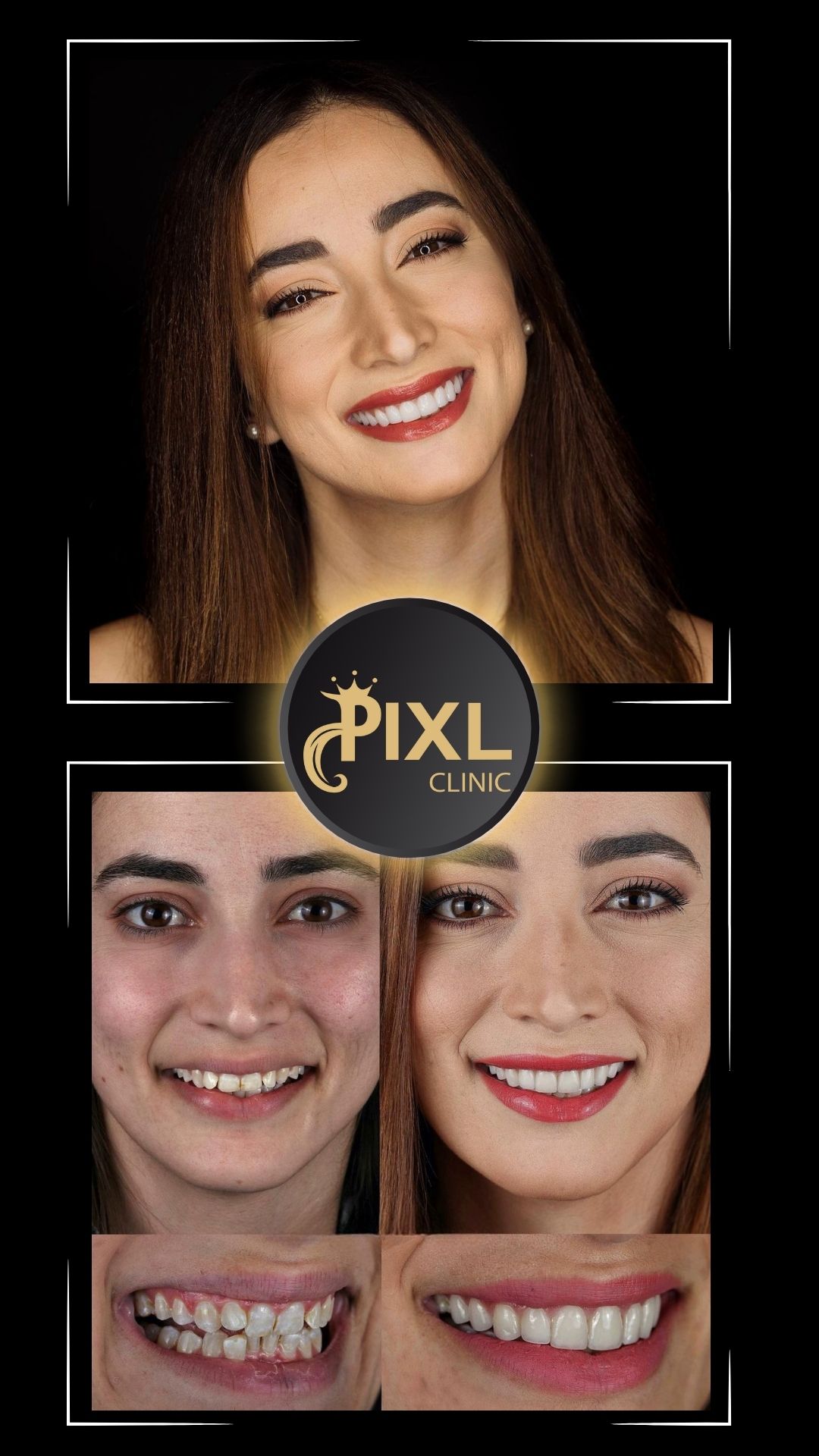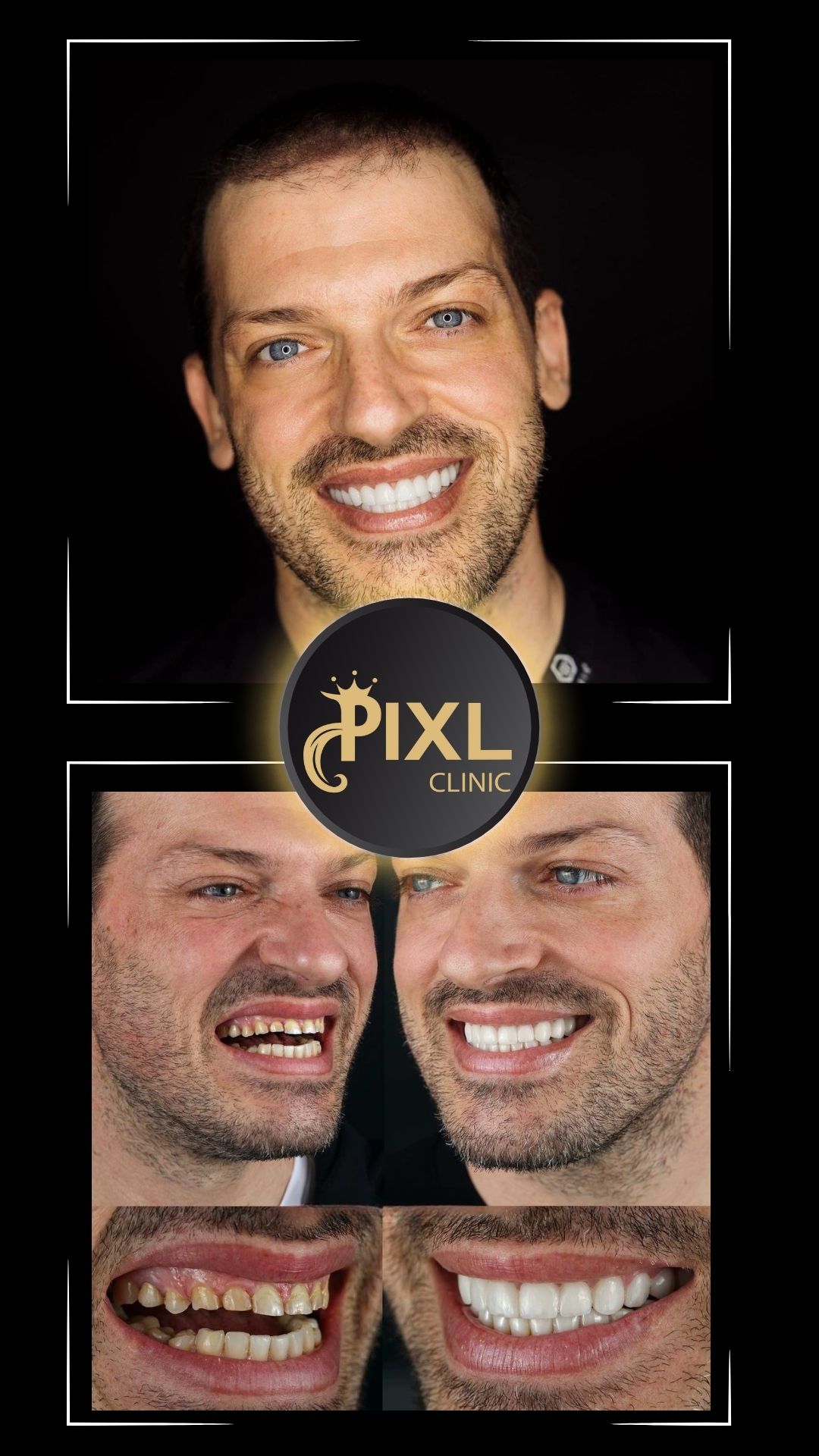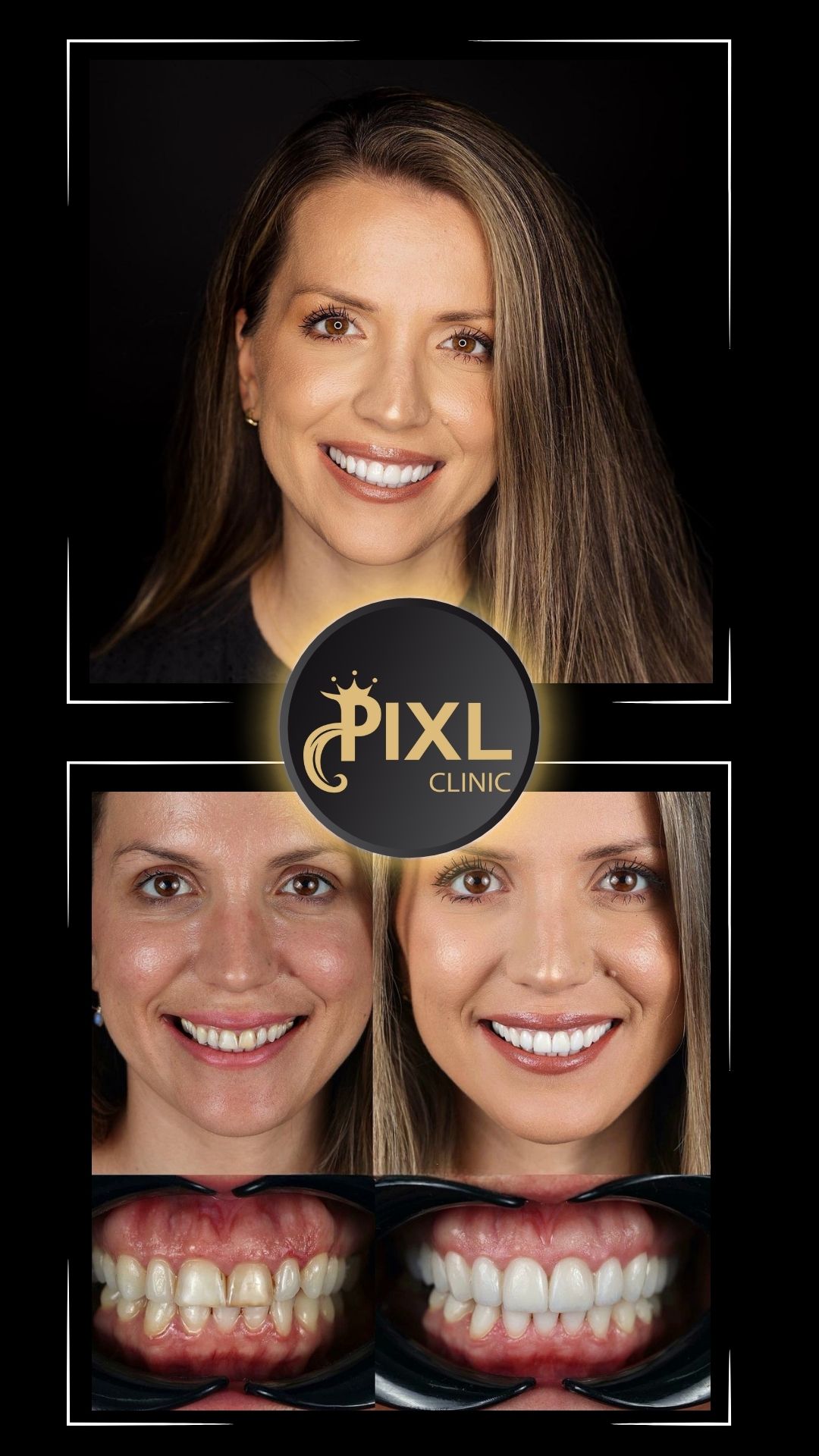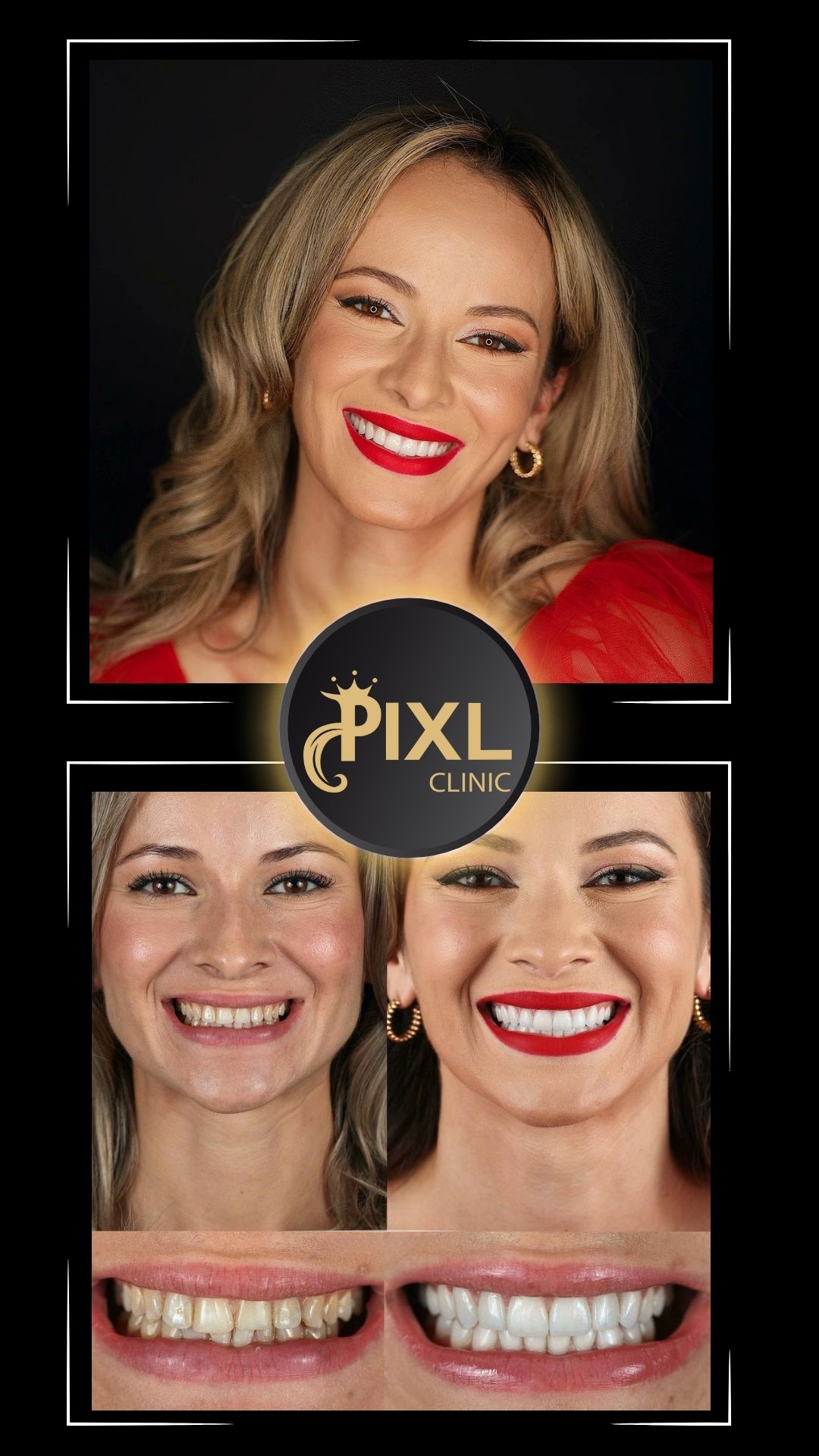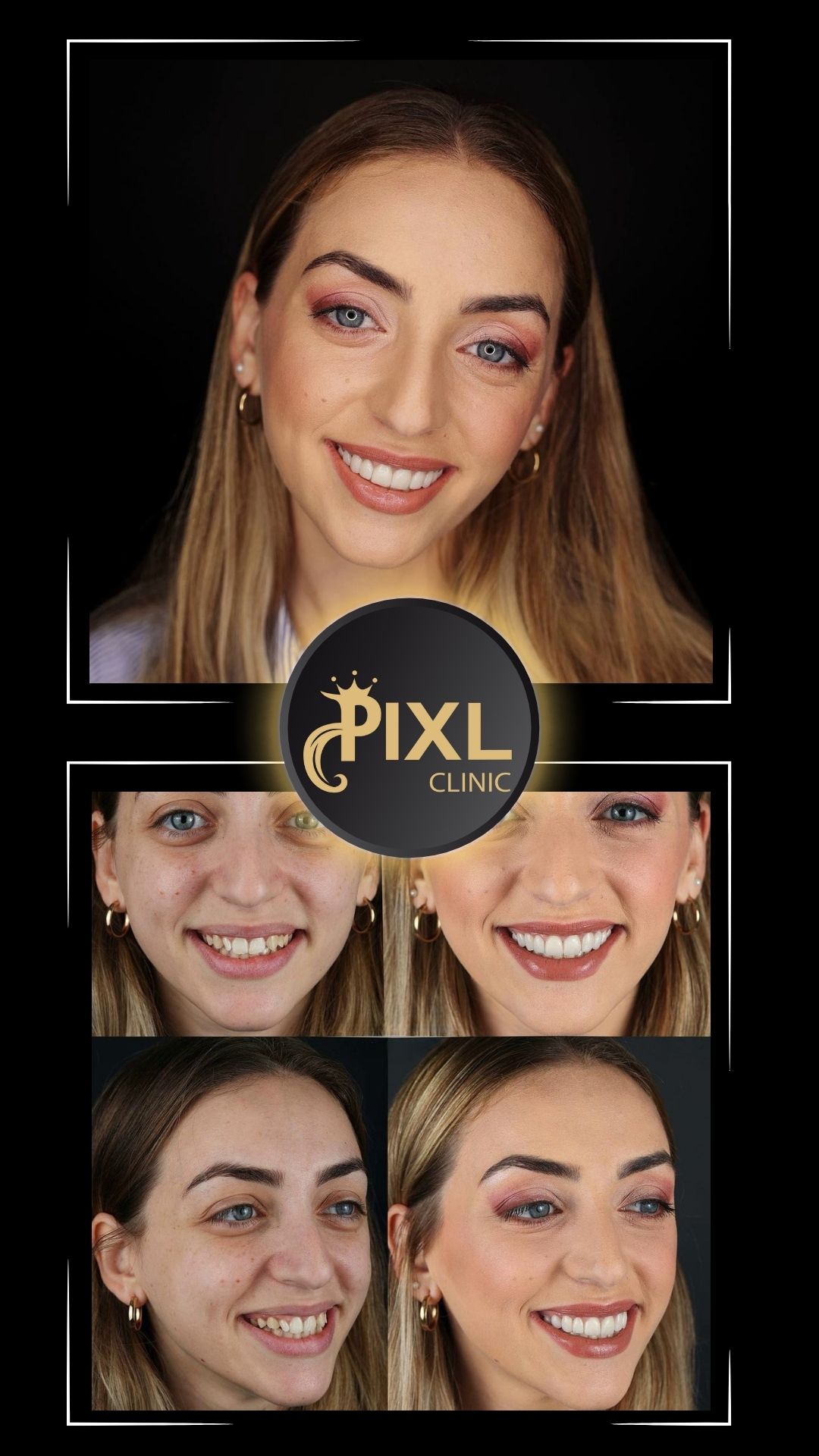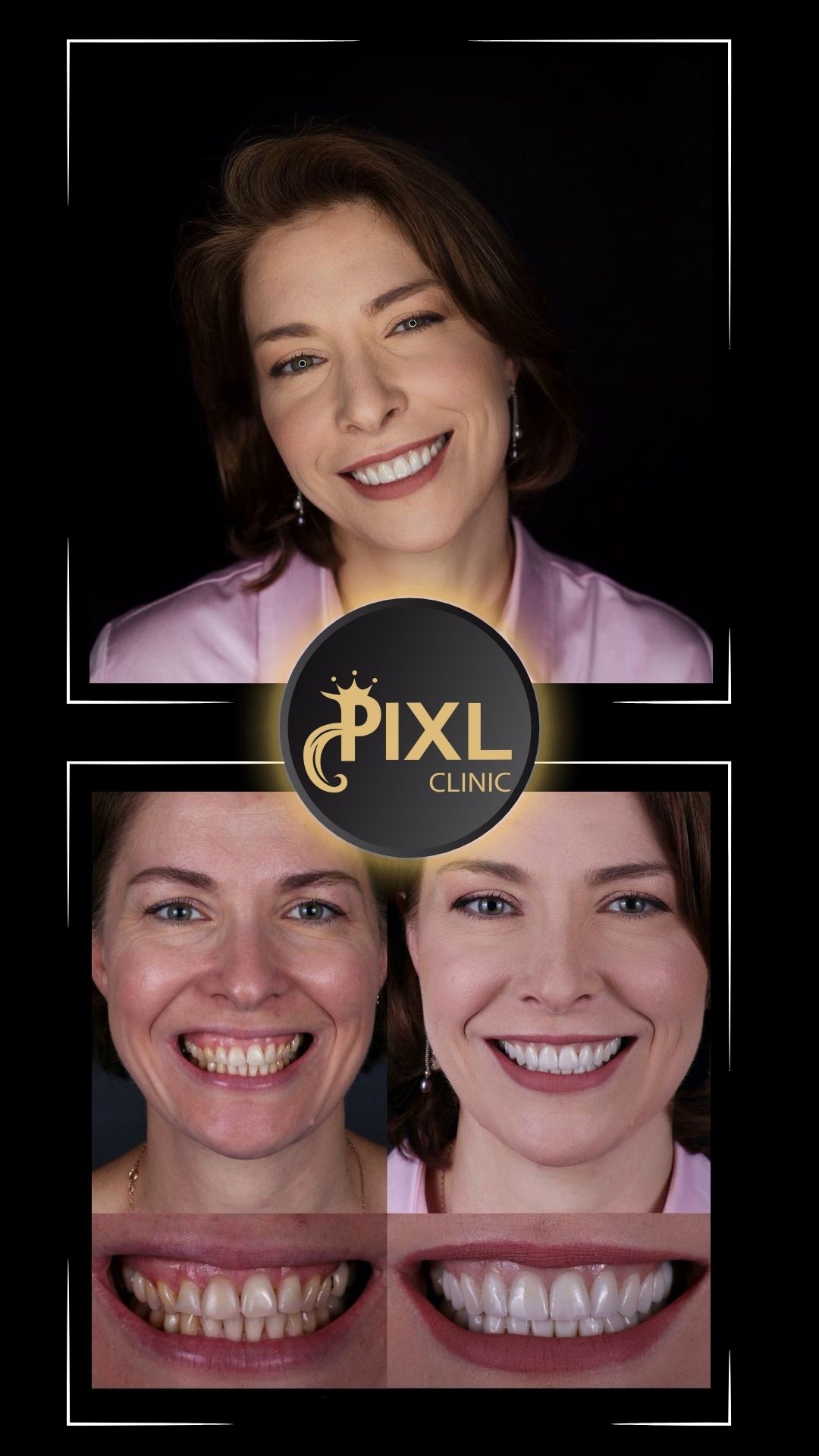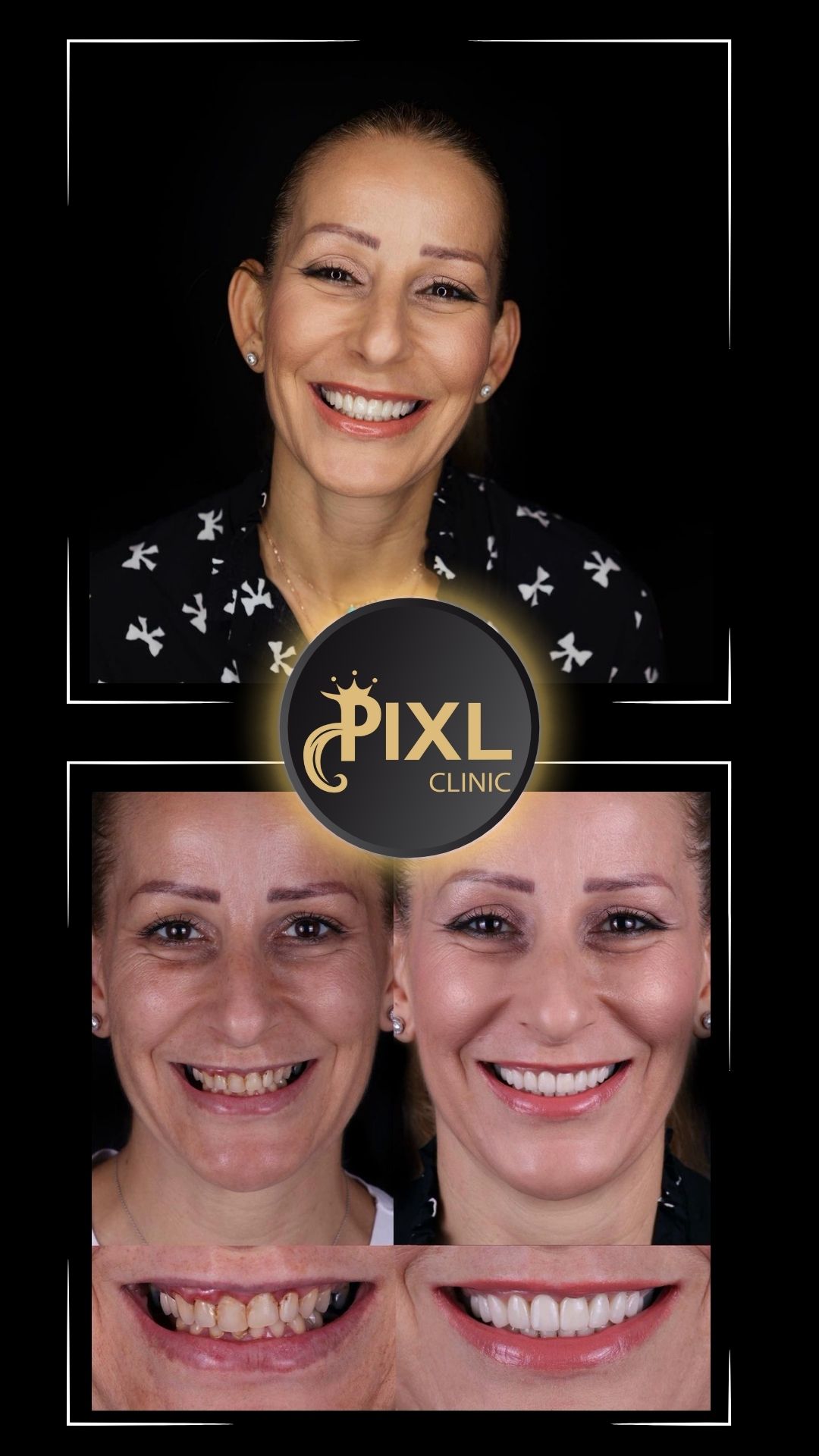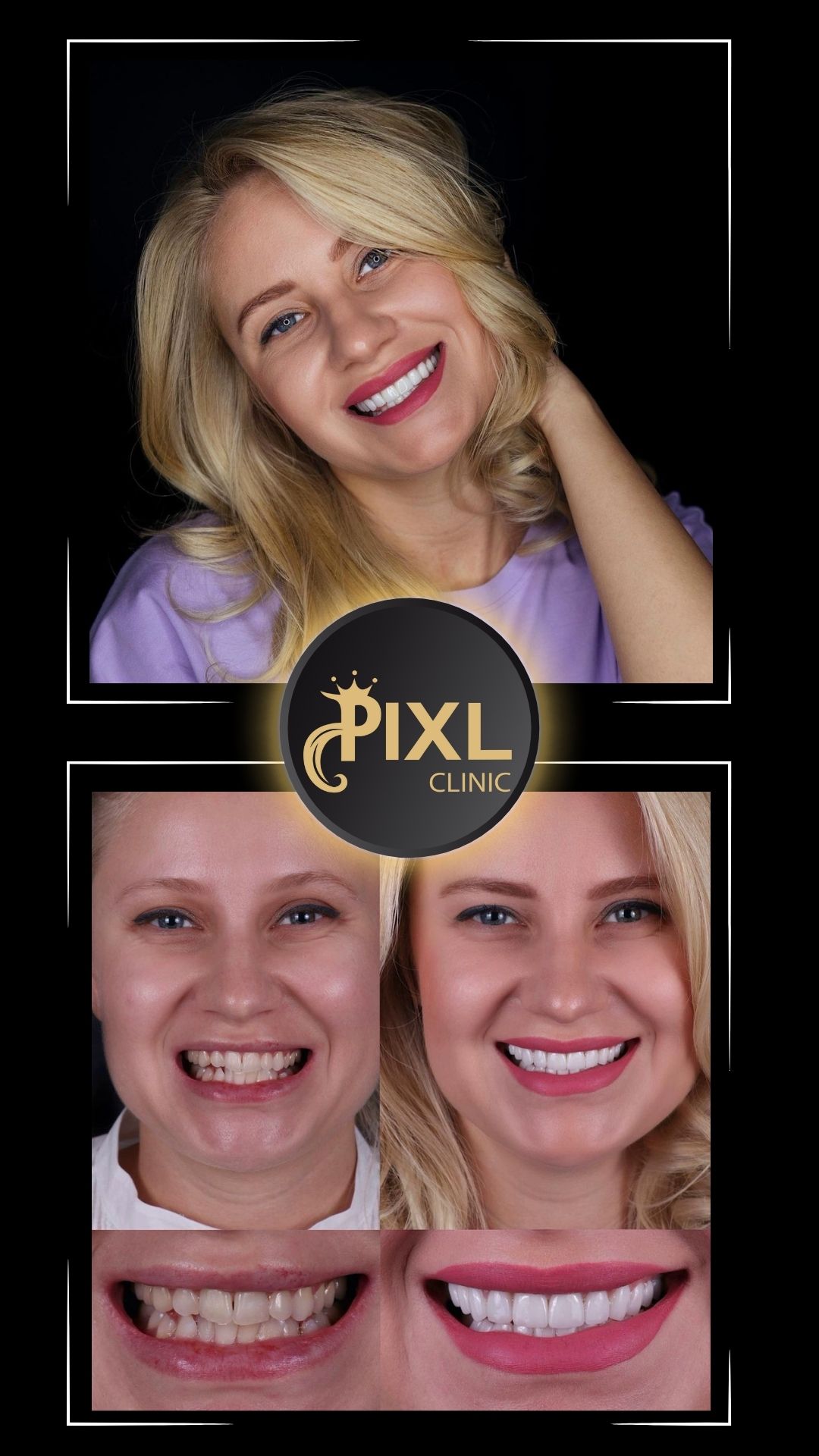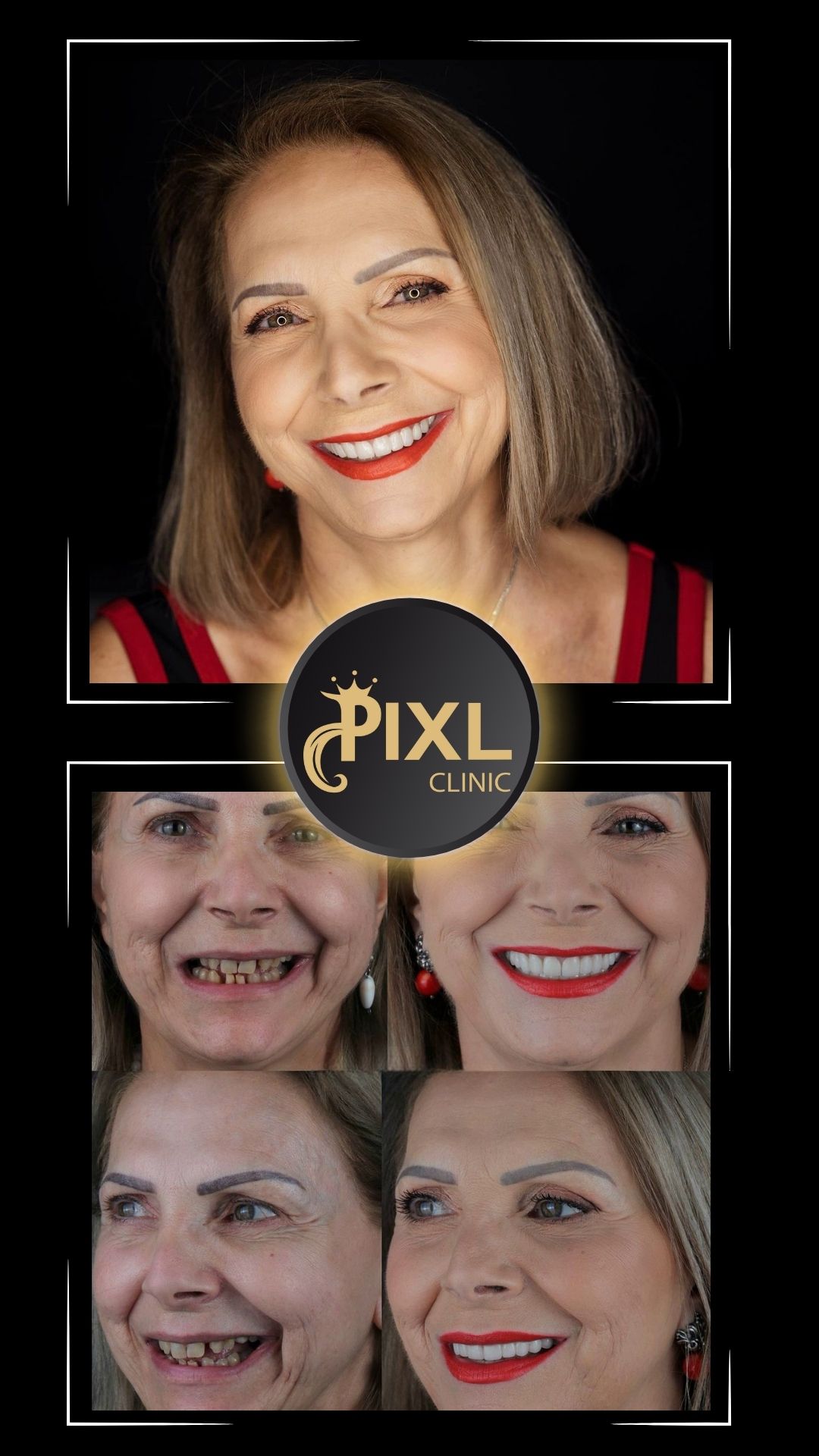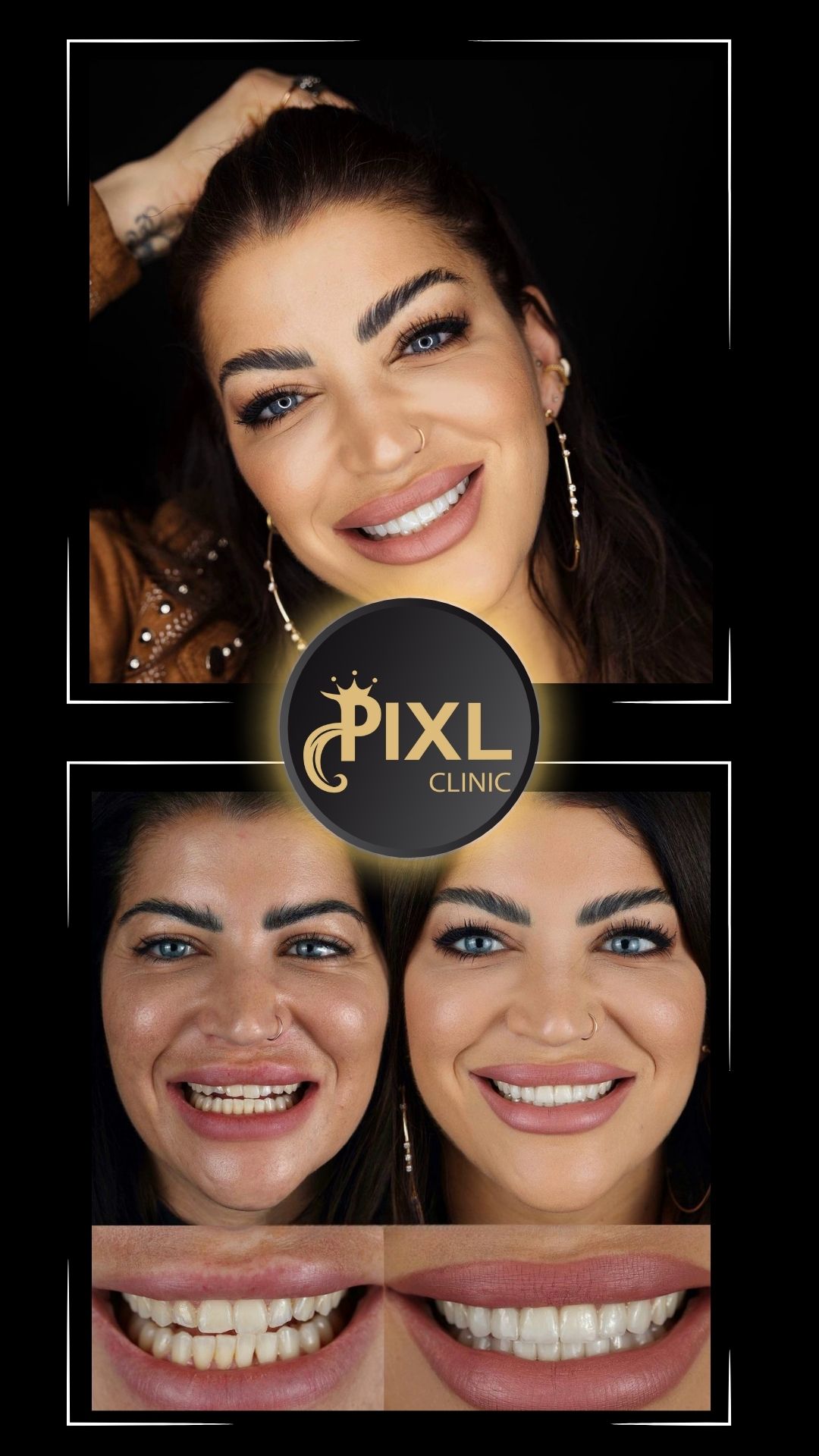Understanding Inflamed Gums: Symptoms, Causes, and Effective Treatments
Maintaining good oral health is crucial for overall well-being, and the condition of your gums plays a significant role. Inflamed gums, also known as gingivitis, are a common issue that many people experience at some point. Left untreated, inflamed gums can lead to more severe dental problems. Here’s a comprehensive look at the symptoms, causes, and effective treatments for this condition.
Symptoms of Inflamed Gums
Recognizing the signs of gum inflammation early can prevent complications. Common symptoms include:
- Redness and Swelling: Healthy gums are pink and firm, but inflamed gums often appear red and swollen.
- Bleeding: Gums that bleed during brushing or flossing are a key indicator of inflammation.
- Tenderness or Pain: Inflamed gums may feel sore or painful, especially when eating or brushing.
- Receding Gums: In some cases, inflammation can cause gums to pull away from the teeth.
- Bad Breath: Persistent bad breath or a bad taste in the mouth can result from bacteria in the gums.
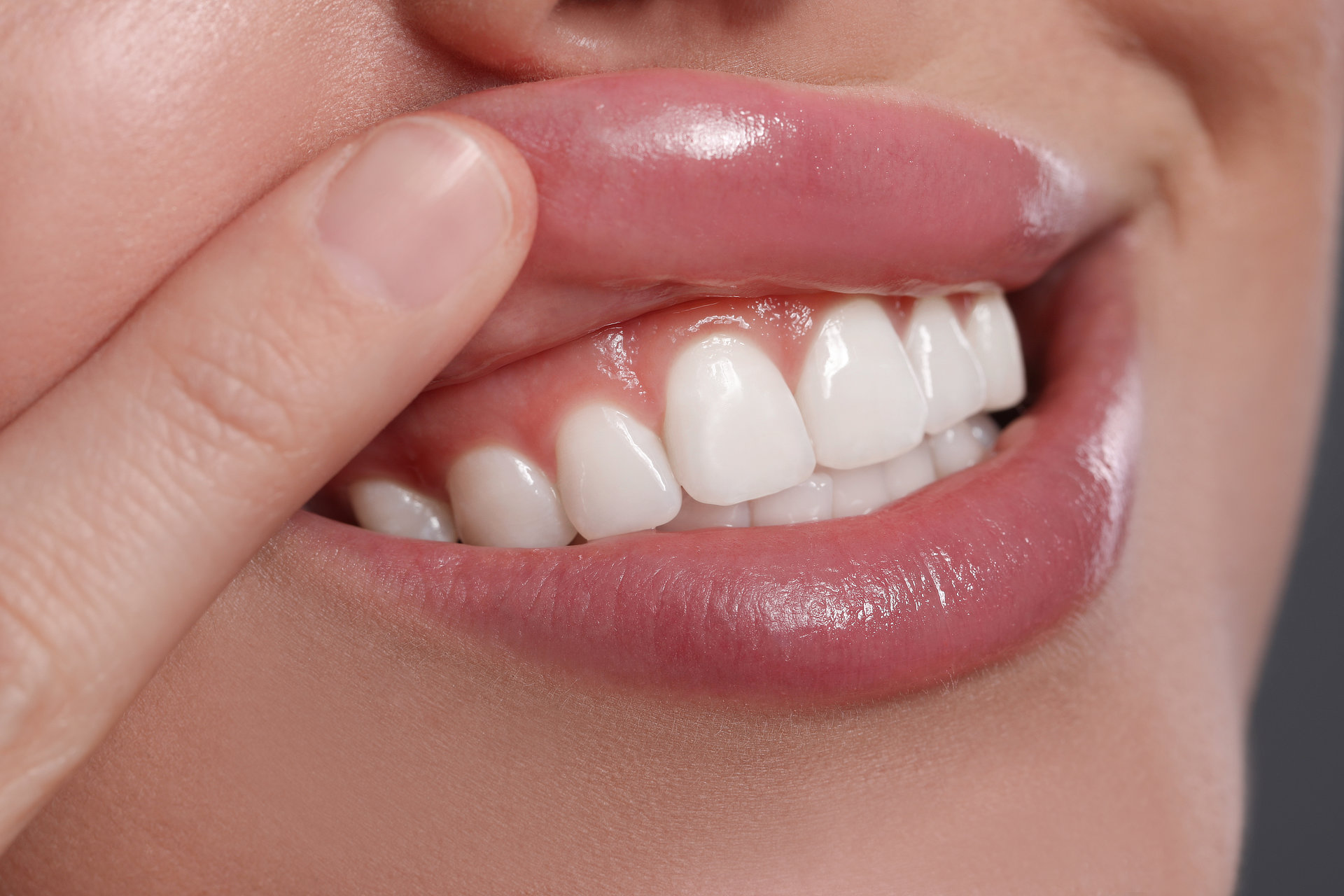
Causes of Inflamed Gums
Several factors can contribute to gum inflammation, including:
- Plaque Build-up: The most common cause, plaque is a sticky film of bacteria that forms on teeth. If not removed, it can harden into tartar, irritating the gums.
- Poor Oral Hygiene: Inadequate brushing or flossing allows plaque to accumulate.
- Hormonal Changes: Pregnancy, menopause, and other hormonal shifts can make gums more sensitive.
- Medications: Certain drugs, such as those for high blood pressure or anti-seizure medications, may cause gum inflammation.
- Smoking: Tobacco use impairs gum health and increases the risk of inflammation.
- Nutritional Deficiencies: A lack of essential nutrients, especially vitamin C, can weaken gum tissue.
Effective Treatments for Inflamed Gums
Addressing inflamed gums requires a combination of professional care and good oral hygiene practices. Here are some effective strategies:
1. Improve Oral Hygiene
- Brush at least twice a day with a soft-bristled toothbrush.
- Floss daily to remove food particles and plaque between teeth.
- Use an antibacterial mouthwash to reduce bacteria in the mouth.
2. Professional Dental Cleaning
Visit your dentist regularly for cleanings to remove plaque and tartar build-up that brushing alone cannot address.
3. Medications and Treatments
- Antibacterial Rinses: Your dentist may recommend specialized rinses to reduce gum bacteria.
- Scaling and Root Planing: A deep-cleaning procedure to remove tartar below the gumline and smooth tooth roots.
4. Home Remedies
- Saltwater Rinse: Rinse with warm saltwater to reduce inflammation and bacteria.
- Hydrogen Peroxide Solution: Diluted hydrogen peroxide can be used as a mild antiseptic rinse.
- Turmeric Paste: Turmeric’s anti-inflammatory properties can soothe gums when applied as a paste.
5. Lifestyle Changes
- Quit smoking to promote gum healing.
- Maintain a balanced diet rich in fruits, vegetables, and nutrients essential for oral health.
- Manage stress, as it can weaken your immune system and exacerbate gum issues.
Prevention Tips
Preventing inflamed gums is always better than treating them. Incorporate these habits into your daily routine:
- Schedule regular dental check-ups and cleanings.
- Replace your toothbrush every 3-4 months.
- Stay hydrated to support saliva production, which helps neutralize bacteria.
- Limit sugary snacks and drinks, which feed harmful oral bacteria.
When to See a Dentist
If symptoms persist despite home care, or if you notice signs of advanced gum disease, such as pus or loose teeth, consult a dentist immediately. Early intervention can save your gums and prevent further complications.
Conclusion
Inflamed gums are a common but treatable condition. By understanding the symptoms, addressing the causes, and implementing effective treatments, you can maintain healthy gums and a beautiful smile. Consistent oral hygiene and regular dental visits are your best defense against gum inflammation.
Take care of your gums—they are the foundation of a healthy mouth!
FAQ: Inflamed Gums
What are the first signs of inflamed gums?
Early signs of inflamed gums include redness, swelling, tenderness, and bleeding during brushing or flossing. You might also notice persistent bad breath.
Can inflamed gums heal on their own?
In mild cases, improving oral hygiene can help inflamed gums heal on their own. However, severe or persistent gum inflammation often requires professional treatment.
What causes gums to become inflamed?
Gum inflammation is primarily caused by plaque build-up due to poor oral hygiene. Other factors include hormonal changes, smoking, certain medications, and nutritional deficiencies.
How long does it take to heal inflamed gums?
With proper care, mild gum inflammation can improve within a week or two. For more severe cases, treatment may take longer and require professional intervention.
Are inflamed gums always a sign of gum disease?
Not necessarily. While inflamed gums are often an early sign of gingivitis (a form of gum disease), they can also be caused by temporary factors like irritation from food, hormonal changes, or minor injuries.
Can smoking cause inflamed gums?
Yes, smoking is a significant risk factor for gum inflammation and gum disease. It reduces blood flow to the gums, impairs healing, and increases bacterial build-up.
What home remedies help reduce gum inflammation?
Effective home remedies include:
- Saltwater Rinse: Helps reduce bacteria and soothe gums.
- Hydrogen Peroxide Solution: A mild antiseptic.
- Turmeric Paste: Known for its anti-inflammatory properties.
- Cold Compress: Reduces swelling and discomfort.
Should I brush or floss if my gums are inflamed?
Yes, but do so gently. Use a soft-bristled toothbrush and floss carefully to avoid further irritation while removing plaque and debris.
When should I see a dentist for inflamed gums?
If your symptoms persist for more than a week despite home care, or if you notice severe signs such as pus, receding gums, or loose teeth, see a dentist promptly.
Can diet affect gum health?
Yes, a diet lacking essential nutrients like vitamin C can weaken gum tissue and increase inflammation risk. Eating a balanced diet with plenty of fruits and vegetables supports gum health.
Are children prone to inflamed gums?
Yes, children can experience gum inflammation, especially if they have poor oral hygiene or during hormonal changes, such as during puberty. Regular dental check-ups and good oral care are essential.
How can I prevent inflamed gums?
To prevent gum inflammation:
- Brush and floss daily.
- Visit your dentist regularly for cleanings.
- Avoid smoking.
- Eat a balanced diet.
- Use antibacterial mouthwash as recommended.
Can stress lead to inflamed gums?
Yes, stress can weaken the immune system, making it harder for your body to fight off infections, including gum inflammation.
Is gum inflammation reversible?
In its early stage (gingivitis), gum inflammation is reversible with proper care. If left untreated, it can progress to periodontitis, which is more severe and harder to reverse.

